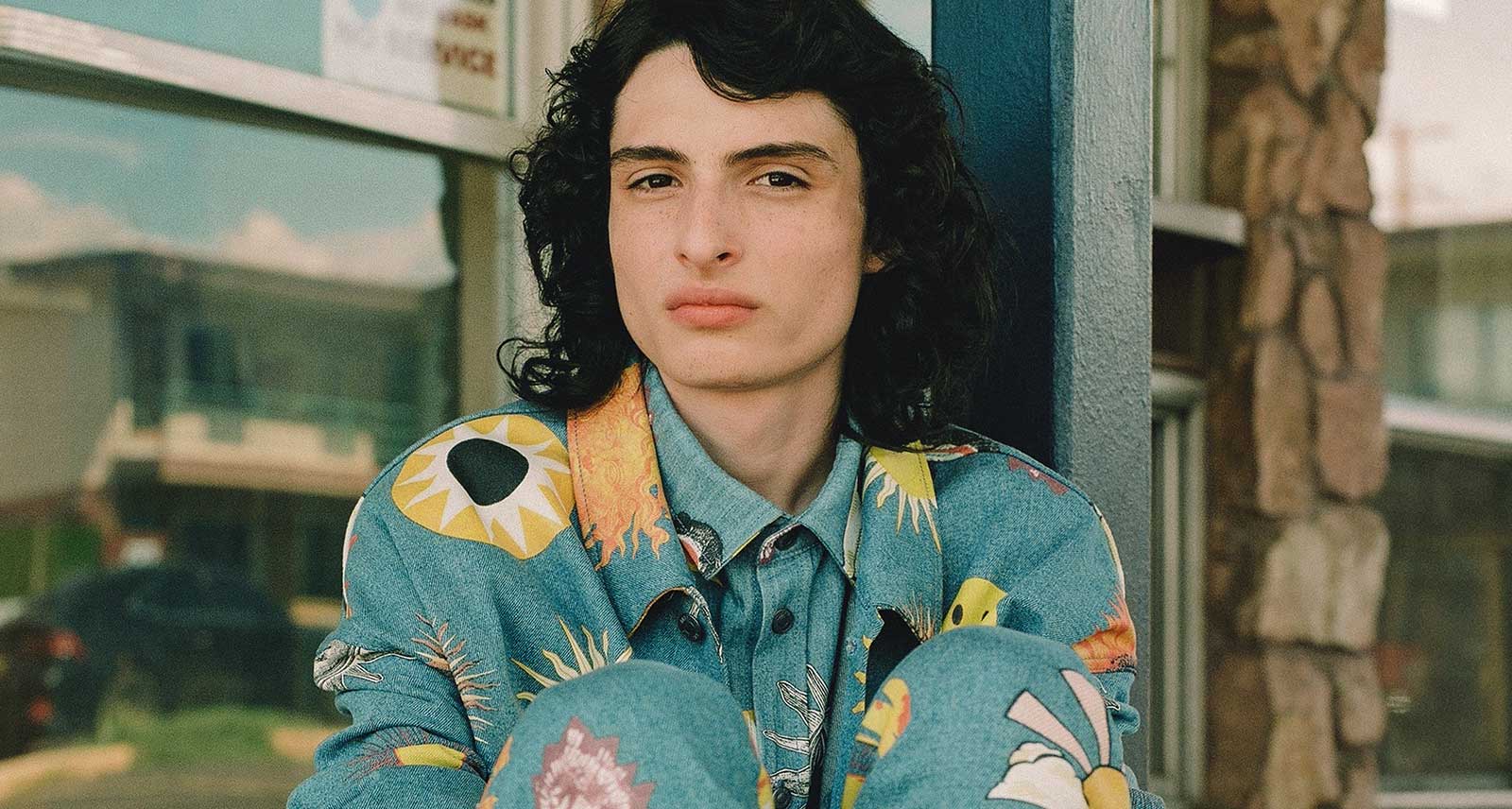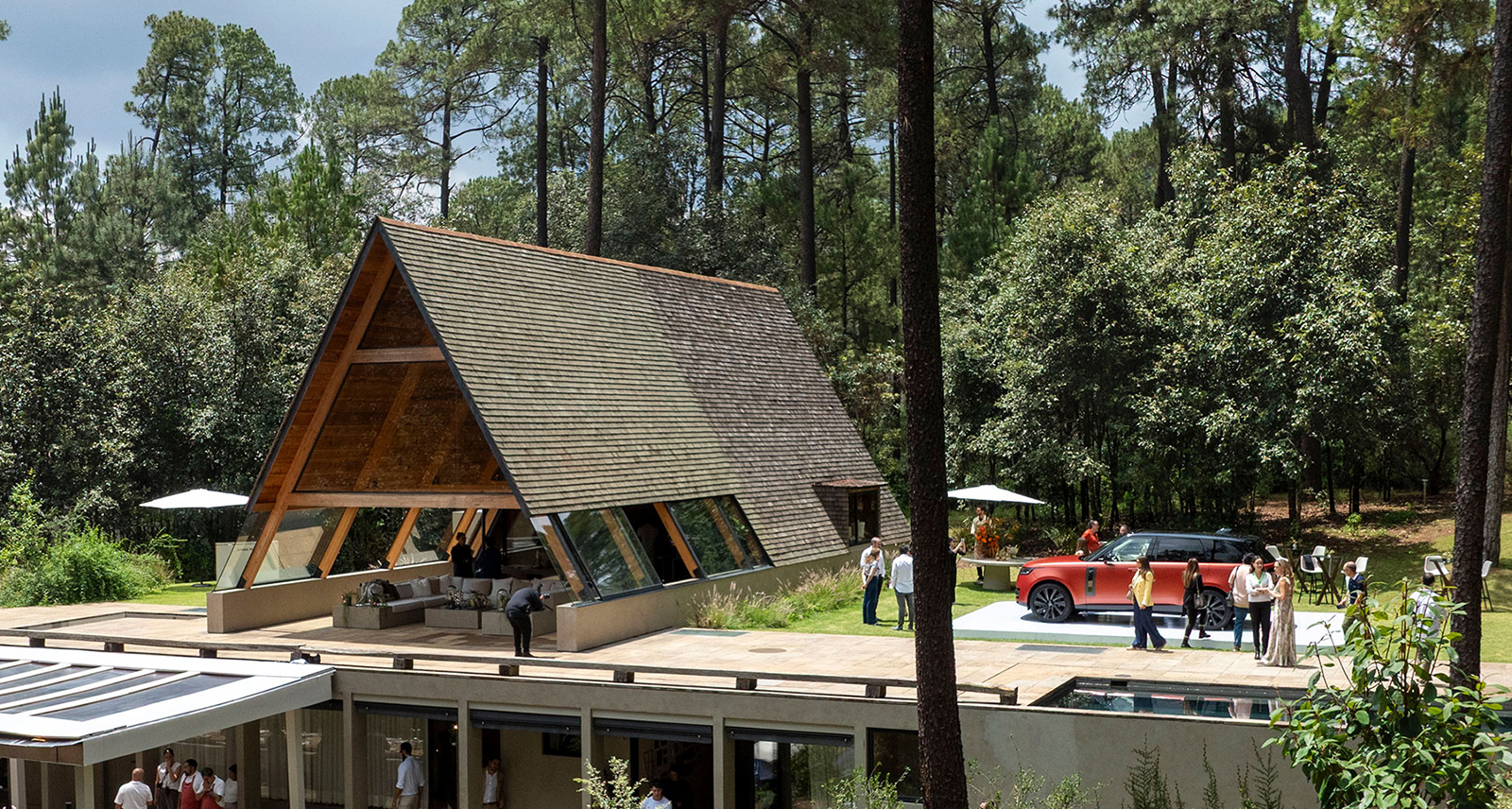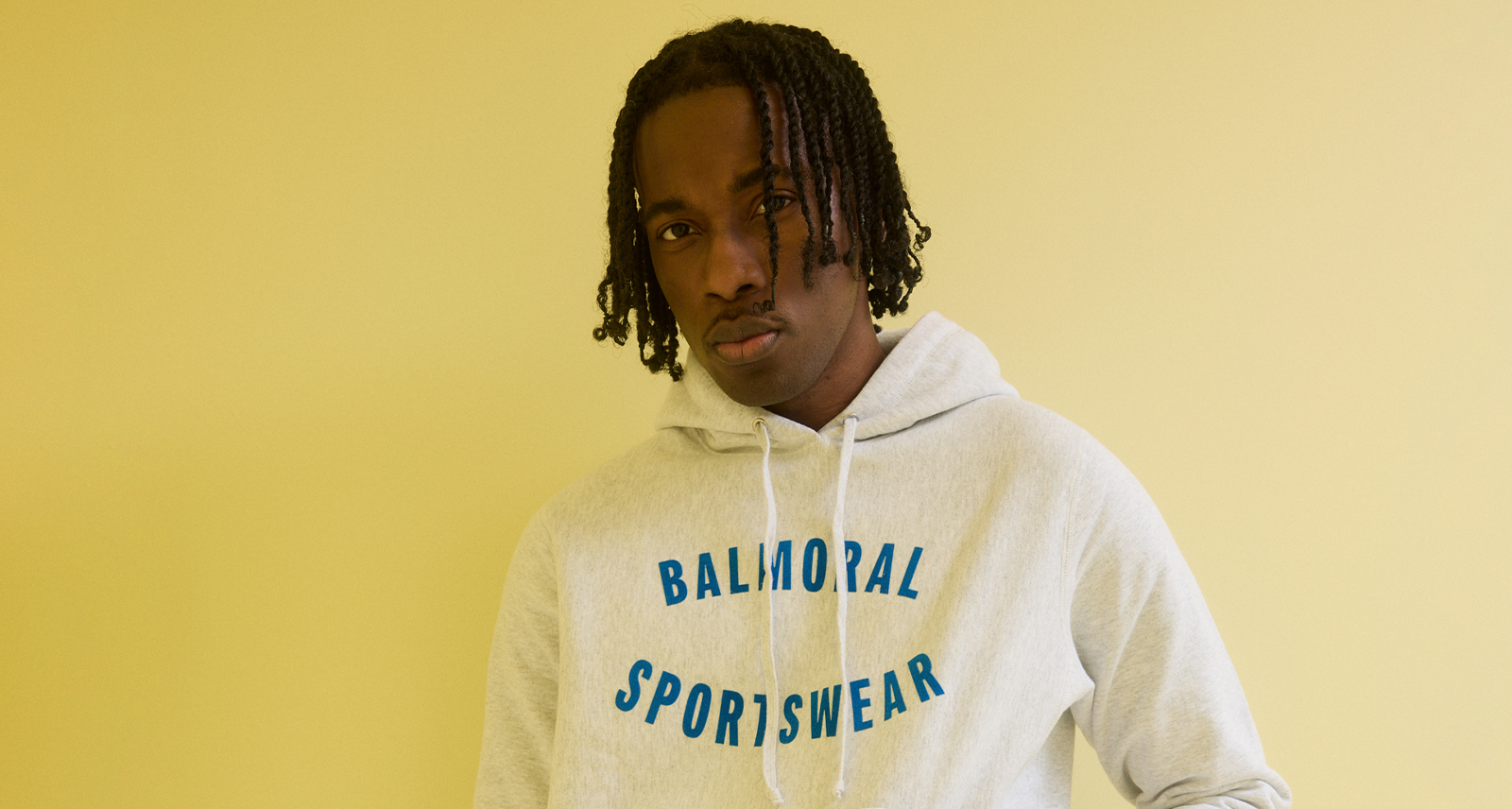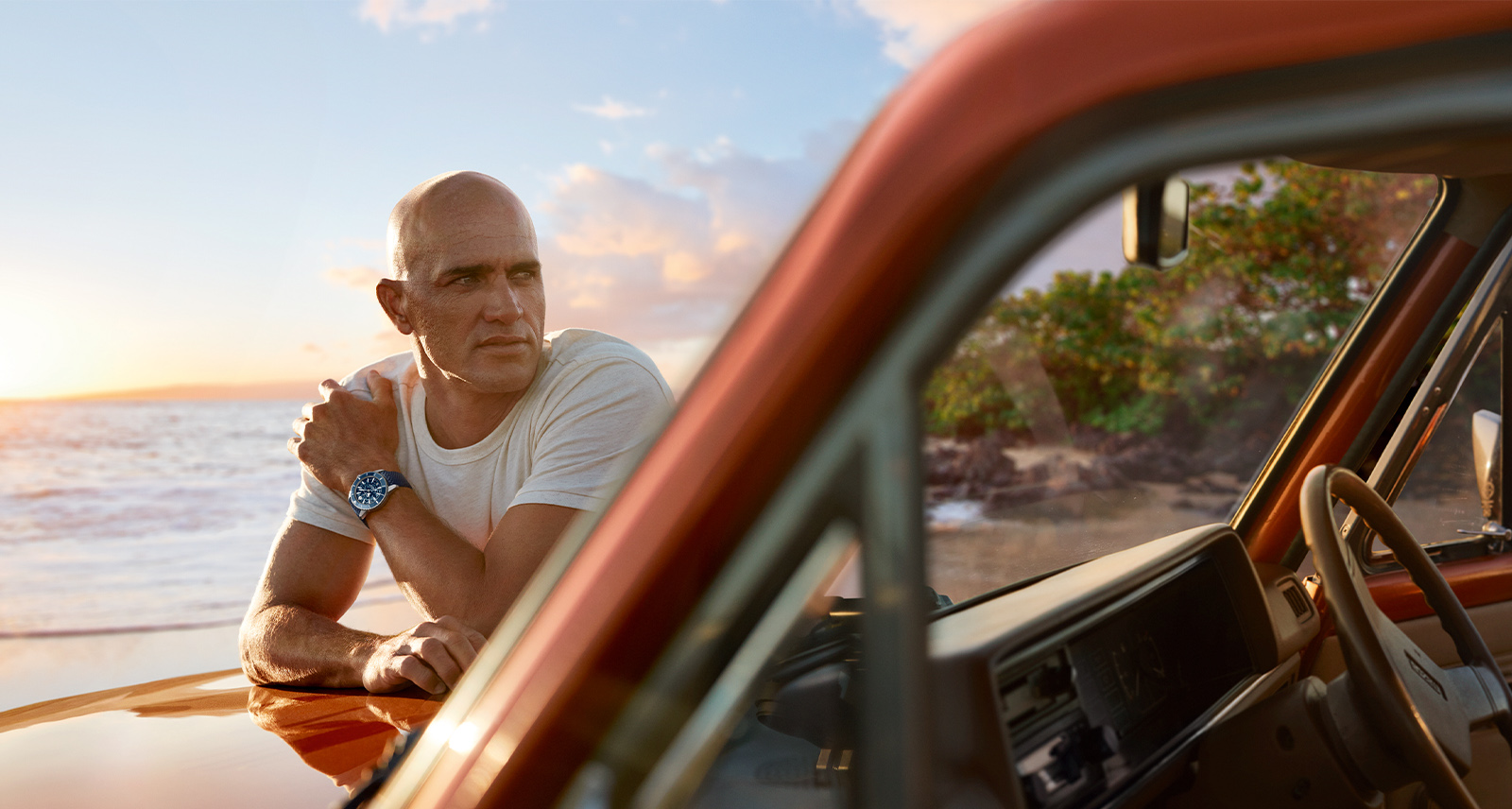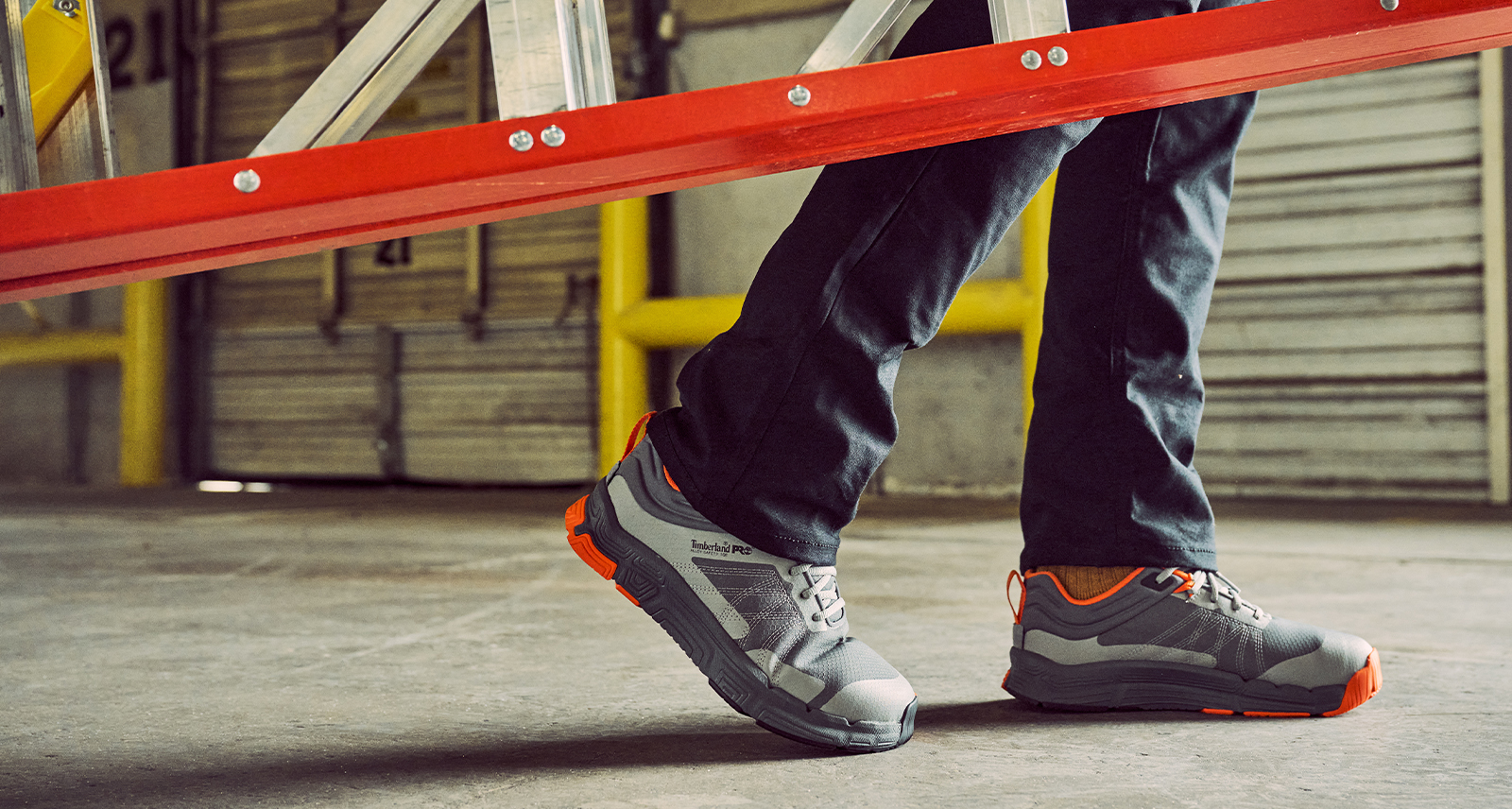The Fantastic Finn Wolfhard
Finn Wolfhard is in a strange place. For years, he was “the kid from Stranger Things,” Netflix’s smash hit sci-fi series about a group of adolescents in the Reagan-era ’80s, uncovering trans-dimensional mysteries in the fictional town of Hawkins, Indiana. Wolfhard starred as Mike Wheeler, an awkward middle child living with his siblings and parents, who develops a sweet, doe-eyed crush on Eleven (Millie Bobby Brown), a telekinetic tween. Now 18 and filming the show’s fourth season in New Mexico, Wolfhard is “the legal adult man from Stranger Things.” Those adolescent kids from Hawkins became teenagers. And those teenagers became adults — wriggling through the awkward, gangly biological upside-down of puberty right before our eyes. Wolfhard’s career, as both a promising actor and a talented musician, seemed like it was in overdrive. Then: the pandemic happened. And our real world shifted into its own scary new dimension.
“This season’s been interesting,” says Wolfhard, pacing around his trailer in a lull between shooting. “Because it’s like, you’ve been shooting for so long. And we’ve had these long breaks in between.” Given the super-secretive nature of the series, which is known for plot twists that span continents and multiple planes of reality, he can’t say much about what’s forthcoming on Stranger Things. What’s obvious is how comfortable he feels, even amid the annoying production slowdowns.

The show has launched a number of above-the-title screen talents: David Harbour recently appeared in Marvel’s Black Widow, and co-star Millie Bobby Brown has provided a human anchor to the last couple of Godzilla movies. And, of course, there’s Wolfhard himself. He has parlayed his Stranger Things success into a run of blockbuster genre films, including the It movies, an animated Addams Family feature, and the forthcoming Ghostbusters: Afterlife, a revival of the ’80s supernatural comedy series. For the show’s superstar cast, a new season of Stranger Things is a chance to reconnect and reset among familiar faces. Think of it like a family reunion — but one stuffed with shadowy doppelgängers, demonic hounds, and inexplicable magnetic anomalies. “It’s nice,” says Wolfhard, “because it’s all the same people. It’s a little less scary, because we all know each other really well…There’s much more downtime. So you’ve got to make the most of it.”
To liven up all that downtime, the Stranger Things cast has apparently taken to playing poker, with cast members ponying up modest $5 buy-ins. It seems like it’d be a competitive table: playing poker with a bunch of professional actors. But Wolfhard insists there’s been a steep learning curve. “You’d be surprised,” he says. “We’re actually terrible. I’m so bad at bluffing. I have a pretty bad poker face.” He says that actor Charlie Heaton, who plays the reluctant hero Jonathan Byers, is the closest thing the cast boasts to a bona fide card shark.
COVID has also stalled Ghostbusters: Afterlife, Wolfhard’s own would-be summer blockbuster. The film was originally scheduled for a July 2020 release, which has been delayed several times. It’s now slated to land in theatres in November 2021, between Halloween and the awards season rush — COVID permitting, of course.
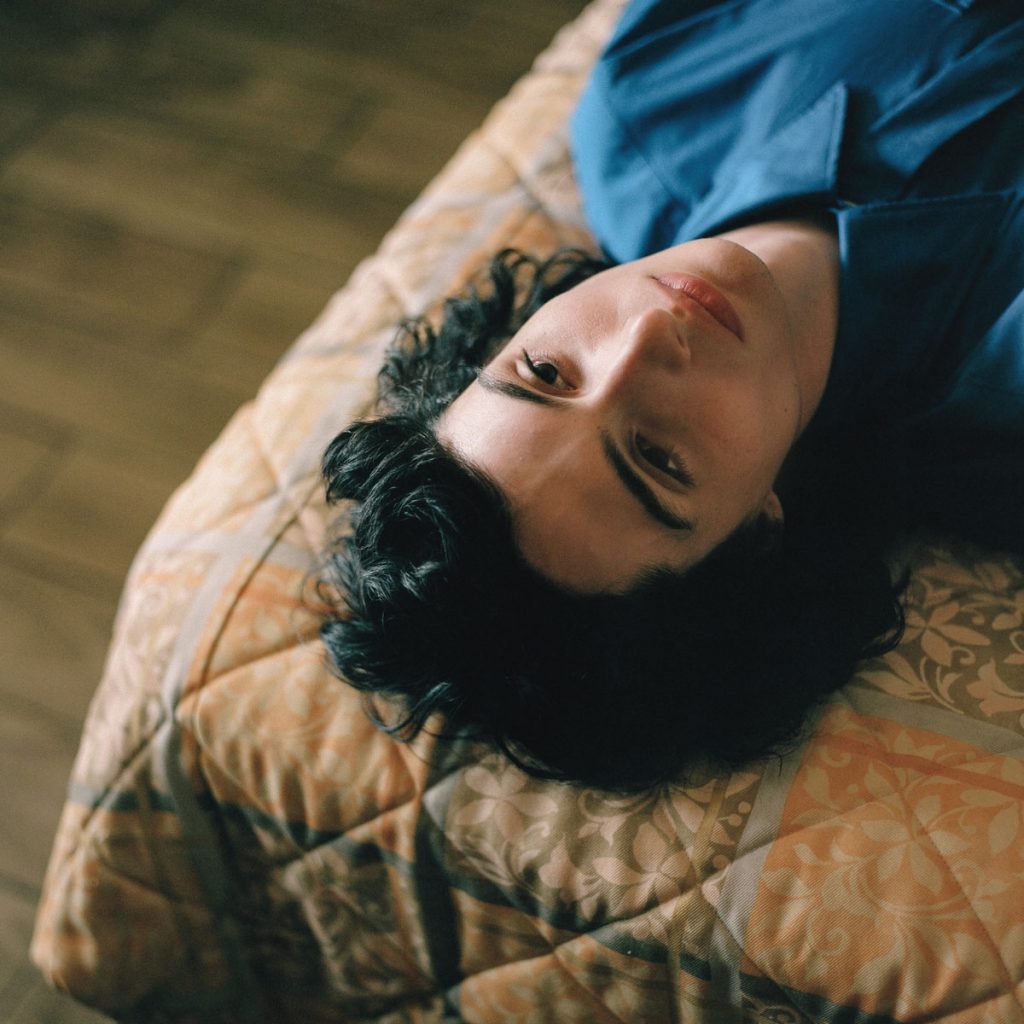
Afterlife seems like familiar territory for Wolfhard. Another small town — in rural Oklahoma this time, though the film was shot in Alberta. It’s another tender-hearted family drama filigreed with supernatural elements (ghosts this time, not trans-dimensional demon dogs). Wolfhard plays Trevor, grandson of O.G. ghostbuster Egon Spengler, played by the late Harold Ramis in the original film and its 1989 sequel. Moving to an inherited farmhouse in rural Oklahoma with his mom (Carrie Coon) and sister (McKenna Grace), Trevor and his family soon uncover Spengler family secrets, just as their town becomes a hotbed for paranormal activity. In place of the sarcastic, working-class banter of the original films, Afterlife feels more like a family comedy. This suits Wolfhard just fine. For him, Ghostbusters has always been a family affair. “It was huge for me when I was much younger than I am now,” he explains. “It was an important movie to my family.”
“I want people to love it and care about it. But I’m kind of also doing it to make new families and new relationships. And that’s the whole reason why I act.”
The film’s homegrown feel extends behind the scenes as well. Afterlife is helmed by director Jason Reitman (Juno, Labor Day), son of Ivan Reitman, who directed the first two films in the franchise (Paul Feig took the reins on the 2016 reboot). The film is very much being pitched as a figurative passing of the torch from one generation of filmmaker (and fan) to the next. Promotional materials feature Reitman Jr. reminiscing about his boyhood days ambling around the Ghostbusters sets. Whereas Reitman the Elder, Wolfhard says, was a regular fixture on the set of Afterlife. “It felt like a sure thing,” Wolfhard says. “It really felt like they were confident about it. And I really felt like they were comfortable.”
The discussion around Afterlife seems like a rather conspicuous response to 2016’s Ghostbusters. That film was lambasted by a certain variety of anxious, typically male fan who could not sanction the idea of a Ghostbusters film recast with women. Following the film’s release, star Leslie Jones was subjected to torrents of racist and sexist abuse on social media. It became a cultural lightning rod, evolving into what director Feig called “a cause.” The stakes were unreasonably high for a summer comedy about four wiseacres zapping ghosts with laser beams. Mixed reviews and a disappointing box office take certainly didn’t help either. From its family vibes to its recurring characters (including members of the original cast, and memorable monsters like the ionic Stay Puft Marshmallow Man), Afterlife feels like a franchise reset.

Still, the controversy swirling around the last Ghostbusters film isn’t lost on Wolfhard. He knows he’s up against some of the most hardcore, demanding, outright entitled fans in Hollywood — and that’s saying something nowadays. “It’s hard for me,” he says of thinking about fan responses, “because I’m also a fan of things. If it’s a movie that I care about, or a franchise I care about, and they mess it up? If I’m a fan, I’ll be disappointed. That sucks.” Wolfhard is also aware of the role he plays, smack in the centre of another generation’s nostalgia. Between its stylistic evocations of Steven Spielberg and John Carpenter and its emerging Cold War tensions, Stranger Things feels like a product of the 1980s. Ditto Ghostbusters. And even It, based on a novel published in 1986 and adapted for TV in 1990. “It’s weird,” he says. “There’s a reason there is much more nostalgia towards the ’90s and the ’80s…I wasn’t there. I didn’t live in the 1980s. But maybe it felt just simpler. And I think we’re hopefully getting back to that.”
A Vancouver native who acted in a few local productions for the CW network before breaking out with Stranger Things in 2016, Wolfhard’s own ambitions seem pretty simple. He isn’t doing it for the fans. Well, not just for the fans. “Personally,” he says, “I do this for the experience and for making connections with other people. I want people to love it and care about it. But I’m kind of also doing it to make new families and new relationships. And that’s the whole reason why I act.” Still, with all the delays, Wolfhard worries that Afterlife might never even reach those super-possessive franchise fanboys. It might not reach, well, anyone — at least not with a proper theatrical release.
After all, the film wrapped production in the summer of 2019, and he’s just now promoting it, two years later. “I am worrying constantly,” he says. “Hopefully by then enough people will be vaccinated. And, you know, movie theatres will be open. It’s a great movie, you could watch it anywhere. But it does need to be experienced in theatres. You know, we’ve had movies come out [during the pandemic], but this is kind of the first fun movie that you go out with your entire family to in a long time.”
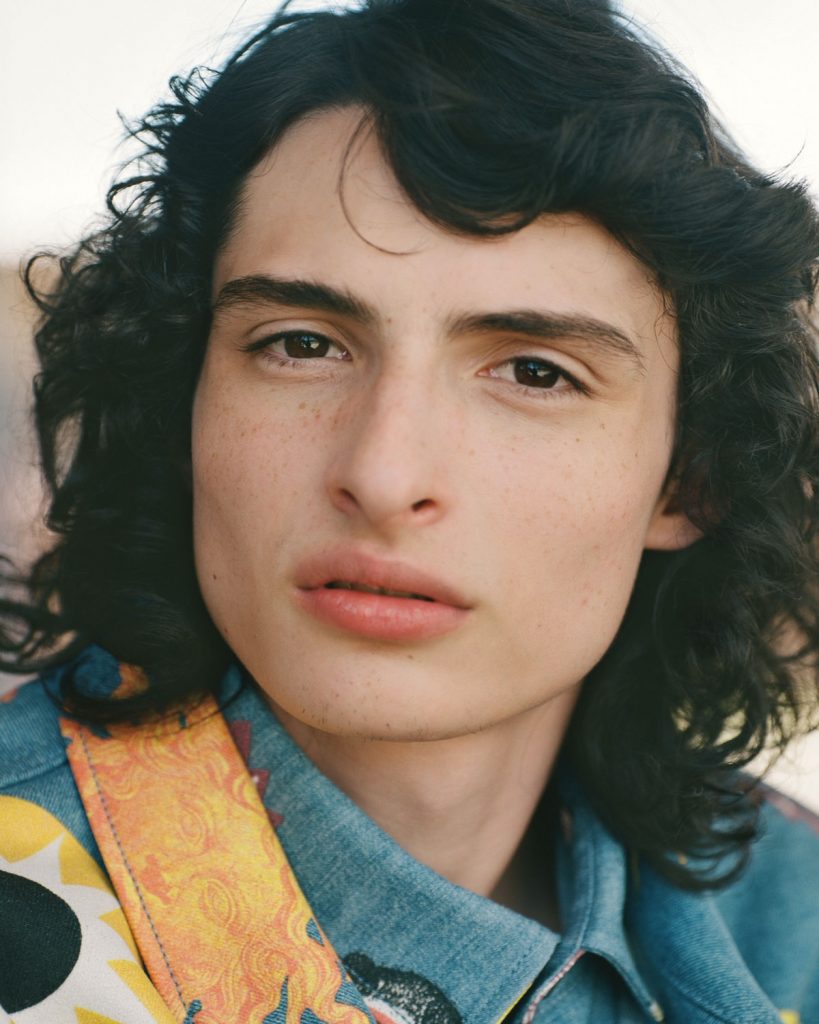
Despite his association with a mega-popular streaming franchise in an age where at-home entertainment is increasingly becoming the norm, Wolfhard still holds out hope for traditional theatrical experiences. In fact, he maintains that Netflix is doing its own part to protect that experience, even as their streaming model continues to dominate. “The movies that are on Netflix that they want to get seen in theatres will get seen in theatres,” he maintains. “And if the other ones don’t, it’s more because they’re meant to be on the streaming platform…But I do think it is different. And I think sometimes it can be a little muddy when you have a movie that comes out in theatres the same day as it comes out on their streaming platform. It’s all very new.”
Between all the on-set downtime, fretting about release dates, and the fate of cinemas — and, of course, the threat of the coronavirus itself — Wolfhard still finds time to be, more or less, a normal teenager. When he’s not acting, Wolfhard writes and performs music. With his former group, the rock outfit Calpurnia, he was able to leverage his Stranger Things fame to sell out concert halls across North America. “I think you do have to earn people’s trust,” Wolfhard says. “If people think of it as, like, ‘the Stranger Things kid’s band,’ then fine. And if they like it, that’s great. If they don’t, that’s fine.”
His new group, a garage rock band called The Aubreys, is releasing its first full-length LP this fall, right around the time Ghostbusters: Afterlife (hopefully) hits cinemas. The band sees him reunite with childhood friend and Calpurnia drummer, Malcolm Craig. For Wolfhard, writing and recording music has been a way to stay connected to friends during the pandemic. It’s also a creative outlet that feels a bit more personal and intimate than the big-bud- get movie and TV franchises he’s leading. While he’s aware that, for some, any group he’s in will be “the Stranger Things kid’s band,” he tries not to get too caught up in how people perceive him or his musical endeavours. “I think I used to care a lot more,” he says. “I think sometimes you have to do stuff for yourself. I’m doing this because it makes me really happy.”
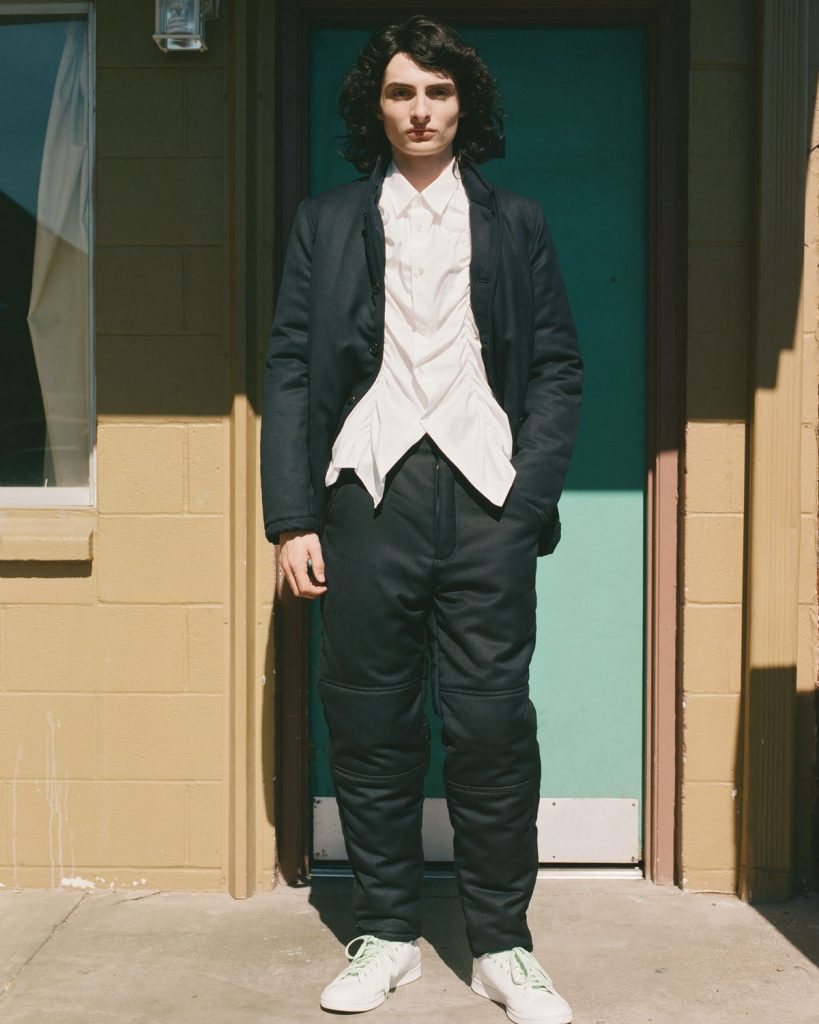
Onscreen, Wolfhard’s projects share a common theme. Stranger Things, the new Ghostbusters, and even It all deal with the ways in which kids are prematurely blasted out of childhood, pushed to heroism by one supernatural menace or another. In a way, it’s Wolfhard’s own story, as a one-time child star who continues to mature on screen, both literally and figuratively. But all that attention, he insists, has granted him a level of freedom. “I’m very lucky to be able to say no to things that make me unhappy, or things that I don’t find fun. And I think that’s what it’s all about. If you can be in a career that you really like without sacrificing your mental health or happiness? You’re good.”
It’s not so bad being the Stranger Things kid. But for Wolfhard, it’s still important to make time to just be a kid. Or teenager. Or adult man. Or something in-between.
Photography: Pat Martin (Rocket Science Studios)
Styling: Rhonda Spies
Styling Assistant: Erin Porter Smith
Grooming: Kata Baron
Shot on location at University Lodge in Albuquerque, New Mexico
